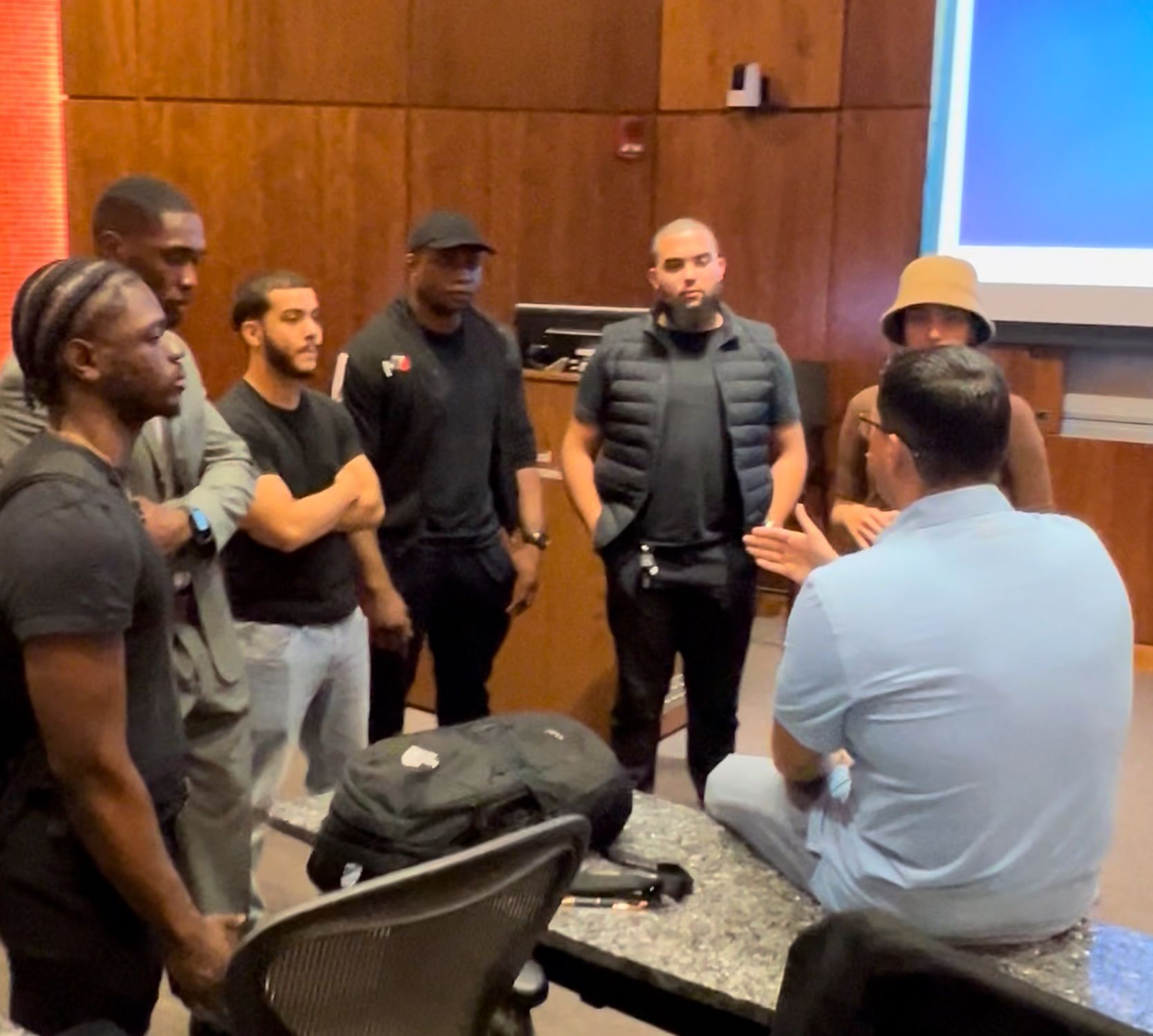New Landlord? Avoid These 3 Costly Mistakes Before It's Too Late
Don't be afraid to make mistakes - But it's best to learn from Others

No matter how many books you read, YouTube videos you watch, or experienced investors you speak to, mistakes are inevitable when managing rental properties. The key is to avoid the big mistakes that can set you back financially and instead make small, recoverable ones that help you learn and improve. This advice is relevant whether you own a 3 unit or a 300 unit building.
Here are three mistakes we see new investors make all the time—and how to avoid them.
1. Not Screening Tenants Properly
Let’s be clear: tenant screening is non-negotiable. Every applicant should go through a credit check, background check, and eviction history review—no exceptions. In today’s world, these screenings can be done easily online, and the cost is typically covered by the applicant. If a prospective tenant refuses to pay an application fee, that’s a major red flag you shouldn’t ignore.
Quick tip: Never accept cash payments at a showing. If a prospect offers to pay upfront, it’s often a tactic to bypass the screening process. Instead, ask them to fill out an application and let them know you’ll get back to them soon.
Why this matters: A bad tenant can cost you thousands in unpaid rent, property damage, and legal fees. A few minutes of screening can save you months of headaches.
2. Taking Shortcuts on Maintenance & Repairs
We understand—every new investor watches every penny. We’ve been there, too. But cutting corners on maintenance will cost you more in the long run. Many first-time landlords make the mistake of:
- Choosing the cheapest contractor instead of the most qualified one
- Using low-quality materials to save money
- Ignoring small leaks, boiler issues, or electrical problems, thinking they can be fixed later
Before we take on a new property management client, we have an honest discussion about how they plan to handle maintenance issues. At MIG, we only work with trusted professionals and use quality materials to ensure that small problems don’t turn into expensive disasters.
Why this matters: A small leak can turn into major water damage. A cheap contractor can cost you double when their work needs to be redone. Investing in quality repairs upfront saves you money over time.
3. Poor Record-Keeping & Organization
This is one of the biggest struggles for new landlords—and one of the most important things to fix early. Managing a rental property means tracking:
- Income & expenses
- Lease renewals
- Receipts for maintenance & repairs
- Tenant information (IDs, leases, applications, etc.)
- Tenant leads & inquiries
If you’re not organized, tax season will be a nightmare, and small problems will turn into big ones when leases expire, payments get missed, or repairs aren’t documented.
We use a combination of Appfolio property management software and QuickBooks to keep everything streamlined for us and our clients. Whether you choose software or spreadsheets, the key is to have a system in place and use it consistently.
Why this matters: Good records save time, reduce stress, and help you avoid costly mistakes like missing rent payments, forgetting lease expirations, or failing to deduct expenses at tax time.
Final Thoughts
Mistakes are part of the learning process in real estate investing, but avoiding these three big ones can save you time, money, and unnecessary stress.
At MIG Real Estate, we specialize in helping investors start, build and grow their portfolios the right way.
If you need help with tenant screening, maintenance, or property management, reach out—we’re happy to help! Contact Us
Share this post
More From Us




